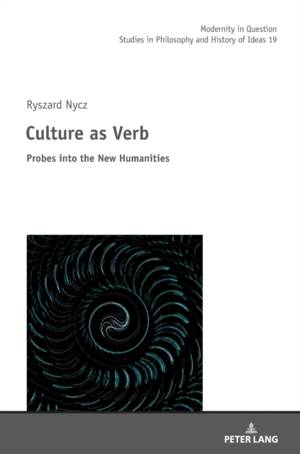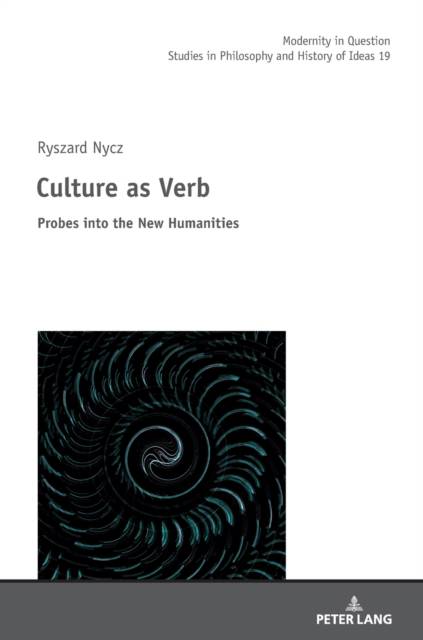
- Afhalen na 1 uur in een winkel met voorraad
- Gratis thuislevering in België vanaf € 30
- Ruim aanbod met 7 miljoen producten
- Afhalen na 1 uur in een winkel met voorraad
- Gratis thuislevering in België vanaf € 30
- Ruim aanbod met 7 miljoen producten
Omschrijving
The book deals with what the author calls the new humanities: a broad and diversified front of orientations, directions, and turns grouped around five major currents: the digital humanities, engaged humanities, cognitive humanities, art-based research, and posthumanities. What links these approaches is their opposition toward the principles of the modern theory of humanistic cognition, which appears to be immaterial, external, impersonal, static, and neutral. Against this model, the new humanities posit a different type of cognition: embodied, penetrating the interior of the studied field, personalized (participatory), active (intervening), and situated (engaged). With this significant change, we proceed from the culture of disinterested observation, founded on the myth of contemplative view of the external world, to the real culture of participatory action, which is reconciled with the perspectivity and partiality of the subject's cognitive actions and which paves the way to reality from within and in its own right.
Specificaties
Betrokkenen
- Auteur(s):
- Uitgeverij:
Inhoud
- Aantal bladzijden:
- 208
- Taal:
- Engels
- Reeks:
- Reeksnummer:
- nr. 19
Eigenschappen
- Productcode (EAN):
- 9783631874554
- Verschijningsdatum:
- 15/03/2023
- Uitvoering:
- Hardcover
- Formaat:
- Genaaid
- Afmetingen:
- 148 mm x 210 mm
- Gewicht:
- 335 g

Alleen bij Standaard Boekhandel
Beoordelingen
We publiceren alleen reviews die voldoen aan de voorwaarden voor reviews. Bekijk onze voorwaarden voor reviews.











